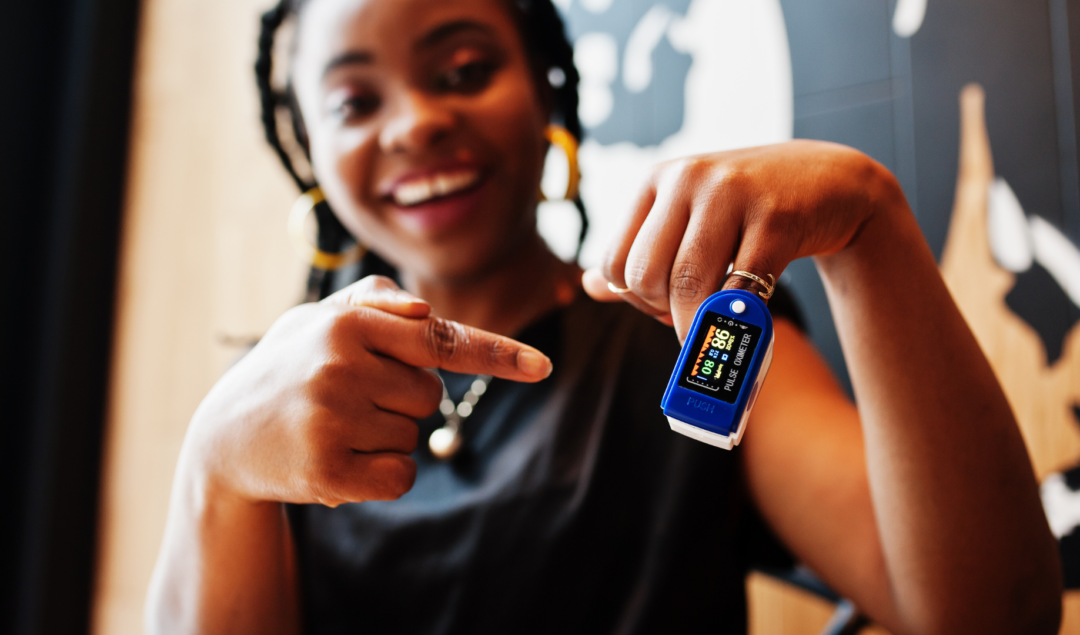Experts Call For Urgent Action To Tackle Biases In Medical Tech

Recent findings from a comprehensive review have highlighted biases in commonly used medical devices and technologies that can harm people of color.
These include optical medical devices like pulse oximeters, AI-assisted devices, and polygenic risk scores (PRS) in genomics.
Biases In Medical Devices
The review was initiated by the UK’s former Secretary of State for Health and Social Care, Sajid Javid, and conducted by a panel of experts.
“Making sure the healthcare system works for everyone, regardless of ethnicity, is paramount to our values as a nation,” Junior Health Minister Andrew Stephenson told The Guardian.
“It supports our wider work to create a fairer and simpler [National Health Service] NHS.”
The pulse oximeter, a standard tool in the NHS, mainly came under scrutiny during the COVID-19 pandemic.
It was found that these devices often overestimate oxygen levels in individuals with darker skin tones, potentially delaying urgent care.
Although no direct evidence of this disparity was found in the NHS, similar issues in the US healthcare system indicate a significant risk.
AI-Enabled Medical Devices
AI-enabled medical devices present another layer of complexity as they have inherent biases in AI, reflecting societal prejudices.
This means they can seep into every stage of the device lifecycle, potentially resulting in suboptimal care for women, ethnic minorities, and socio-economically disadvantaged groups.
The review called for immediate action to develop unbiased AI medical devices, including integrating public and patient voices in the development process.
The findings’ overarching theme is the need for a systemic approach to address biases.
To prevent inequities in health outcomes, every stage, from conception to the deployment of medical devices, needs scrutiny.
“Access to better health should not be determined by your ethnicity nor the color of your skin; medical devices, therefore, need to be fit-for-purpose for all communities,” said Prof Habib Naqvi, the chief executive of the NHS Race and Health Observatory.
“It’s clear the lack of diverse representation in health research, the absence of robust equity considerations, and the scarcity of co-production approaches have led to racial bias in medical devices, clinical assessments, and in other healthcare interventions.”
Engineering More equitable technology
The panel’s recommendations involve various stakeholders and require immediate implementation with government backing and dedicated funding.
According to MIT Technology Review, engineers in the tech industry are working to build better pulse oximeters.
Innovations like improving pulse oximeters incorporating inclusive engineering designs demonstrate the tech industry’s commitment to rectifying these biases.
At Tufts, Valencia Koomson and her colleagues have developed a device that can detect when the signal quality is poor or when the user has a darker skin tone and compensate by sending more light.
Meanwhile, engineers at Brown University are trying to find a workaround using special LEDs that can emit polarized light beams.
These advancements are not just about enhancing technology; they’re about safeguarding the principle that access to accurate and fair healthcare is a fundamental right for all.



